Duane Sand, entrepreneur, graduate of the United States Naval Academy, and was a U.S. Navy officer during the Iraq War joined Townsquare Media’s Talk of the Town hosted by Steve Bakken.
Sand is a former inspector for the Nuclear Regulatory Commission, and advocates for nuclear energy and establishing nuclear power facilities.
“I’ve been a proponent of nuclear energy for decades, in fact recently I testified in a joint committee in the (North Dakota) legislature, it was about a month ago, an interim committee, about why we need to bring nuclear here,” Duane Sand told Steve Bakken. “And I laid it all out because I've, and these are the same things I've said for 12 years. We need nuclear because everyone's going to need nuclear, and everyone in the Midwest has or had nuclear power already.”
The history of nuclear energy is rooted in the pioneering discoveries of atomic science in the late 19th and early 20th centuries. The journey began with the discovery of X-rays in 1895 and continued with Henri Becquerel's discovery of radioactivity in 1896. The theoretical foundation was laid by Ernest Rutherford and Niels Bohr, who developed models of the atom that explained atomic structure and radiation.
The most significant breakthrough came in 1938 when Otto Hahn and Fritz Strassmann discovered nuclear fission, a process in which the nucleus of an atom splits into smaller parts, releasing a tremendous amount of energy.
This discovery set the stage for the development of nuclear reactors and the atomic bomb during World War II. The Manhattan Project, a secret wartime project in the United States, harnessed fission to create the first nuclear weapons, changing the course of history forever.
“In fact, here's another fun factoid for you,” Sand told Bakke. “The person considered to be the grandfather of commercial nuclear power in America is Al Gore's dad, a Democrat from Tennessee.
Sand continued his context.
“In the 50s, he told the power industry, coal, hydro, all those guys, he said, if you guys don't start building nuclear, we're going to start building them,” Sand said. “And they got the message, and nuclear power building just rose sharply.”
Post-War Peaceful Uses
After the war, attention shifted to the peaceful uses of nuclear energy. In 1954, the Soviet Union connected the first nuclear power plant, Obninsk, to the electricity grid, demonstrating that nuclear energy could be used to generate electricity.
This marked the beginning of the nuclear power industry. The United States followed with the opening of the Shippingport Atomic Power Station in Pennsylvania in 1958, which became the first commercial nuclear power plant.
“Anyone who's been in the Navy knows Admiral Rickover is the father of the nuclear Navy. And I've operated Navy nuclear power plants over a span of close to 20 years when I was on submarines and we use it primarily as a propulsion right but it drives everything else”
Admiral Hyman G. Rickover, often called the "Father of the Nuclear Navy," made pioneering contributions to nuclear energy, particularly in its application to naval propulsion. Born on January 27, 1900, in Maków, Poland (then part of the Russian Empire), Rickover immigrated to the United States and pursued a career in the Navy
During World War II, Rickover recognized the potential of nuclear power for submarines. He believed that nuclear propulsion could significantly enhance the capabilities of the U.S. Navy by providing submarines with virtually unlimited range and endurance [5]. His advocacy led to the establishment of the Nuclear Power Branch in the Bureau of Ships in 1947. Under his leadership, the U.S. Navy launched the USS Nautilus in 1955, the world's first nuclear-powered submarine, demonstrating the feasibility and advantages of nuclear propulsion.
Rickover's efforts did not stop at submarines. He also oversaw the development of nuclear-powered aircraft carriers, transforming naval operations and strategy. His rigorous standards and relentless pursuit of excellence ensured the safety and reliability of the Navy's nuclear fleet.
Rickover's contributions extended beyond the Navy. His work laid the groundwork for the civilian nuclear power industry, influencing the design and operation of commercial nuclear reactors. His legacy is a testament to the transformative power of nuclear energy in both military and civilian applications.
'“It's the safest, greenest source of power generation in America, and it's the only green energy, other than hydro, that can actually power the grid,” Sand said.
Nuclear Energy's Advantages
Nuclear energy has several key advantages that make it one of the cleanest forms of energy. Unlike fossil fuels, nuclear power plants do not produce carbon dioxide during operation, making them a significant tool in the fight against climate change.
A typical nuclear power plant generates about a gigawatt of electricity, which is enough to power about 700,000 homes, without emitting greenhouse gases.
Moreover, nuclear energy has a high energy density. A small amount of nuclear fuel can produce a large amount of energy. For example, one kilogram of uranium can produce as much energy as 1,500 tons of coal.
Safety and Sustainability
Despite its advantages, nuclear energy has faced challenges, particularly concerning safety and waste disposal. High-profile accidents at Three Mile Island in 1979, Chernobyl in 1986, and Fukushima in 2011 raised public fears about nuclear safety. However, advancements in technology have led to the development of newer, safer reactor designs that significantly reduce the risk of accidents and enhance the overall safety of nuclear power plants.
In terms of sustainability, nuclear energy from uranium and plutonium fission is considered sustainable due to its low carbon footprint and ability to meet the long-term energy needs of society. Innovations in reactor design, such as small modular reactors (SMRs) and next-generation reactors, promise to make nuclear power even safer and more efficient.
Conclusion
Nuclear energy has evolved from its origins in atomic research to become a cornerstone of modern electricity generation. Its ability to produce large amounts of energy without emitting greenhouse gases makes it a vital component of a clean energy future. As technology advances, nuclear power is poised to play an even greater role in providing sustainable, reliable, and safe energy to the world.
“I had town hall meetings in all up and down the cities in the Red River Valley in 2012,” Sand said. “They're highly supportive of it.”
Steve Bakken is host of Townsquare Media KLXX SuperTalk 1270AM’s Talk of the Town. Bakken is the former mayor of Bismarck and is the current Burliegh County Commissioner. Bakken is a big outdoorsman and loves to pheasant hunt in his free time. He also loves to show his Gordon Setters at dog shows around the country. Bakken is married to his lovely wife Wendy and enjoys spending time on the river with her. Click here for Talk of the Town’s showpage.
Everyday your story is being told by someone. Who is telling your story? Who are you telling your story to?
Email your sustainable story ideas, professional press releases or petro-powered podcast submissions to thecontentcreationstudios(AT)gmail(DOT)com.
#thecrudelife promotes a culture of inclusion and respect through interviews, content creation, live events and partnerships that educate, enrich, and empower people to create a positive social environment for all, regardless of age, race, religion, sexual orientation, or physical or intellectual ability.
MORE FROM THE CRUDE LIFE
Please click that ♡ button, share, and subscribe.
Please share the links on social media.
Thank you thank you thank you for your engagement and support.
If you have a news tip, press release, guest suggestion or other content concepts, please email thecontentcreationstudios(AT)gmail(DOT)com
This post was brought to you in part by one of The Crude Life’s fantastic sponsors, please consider supporting their services or learning more about their organization by clicking on the banner below.
Transform your safety training with Shepherd VR – The Future is Here! Dive into a new era of learning with our groundbreaking VR modules, designed to enhance retention and reduce workplace accidents.
Leveraging over a decade of industry expertise in mining and oil, Shepherd VR combines neuroscience and psychology with our innovative FIT methodology to revolutionize safety training. Experience the difference, elevate your training program, and see astounding results.
Ready to make safety training more effective and engaging? Visit www.shepherd.fit and join the discussion on LinkedIn for the latest updates!





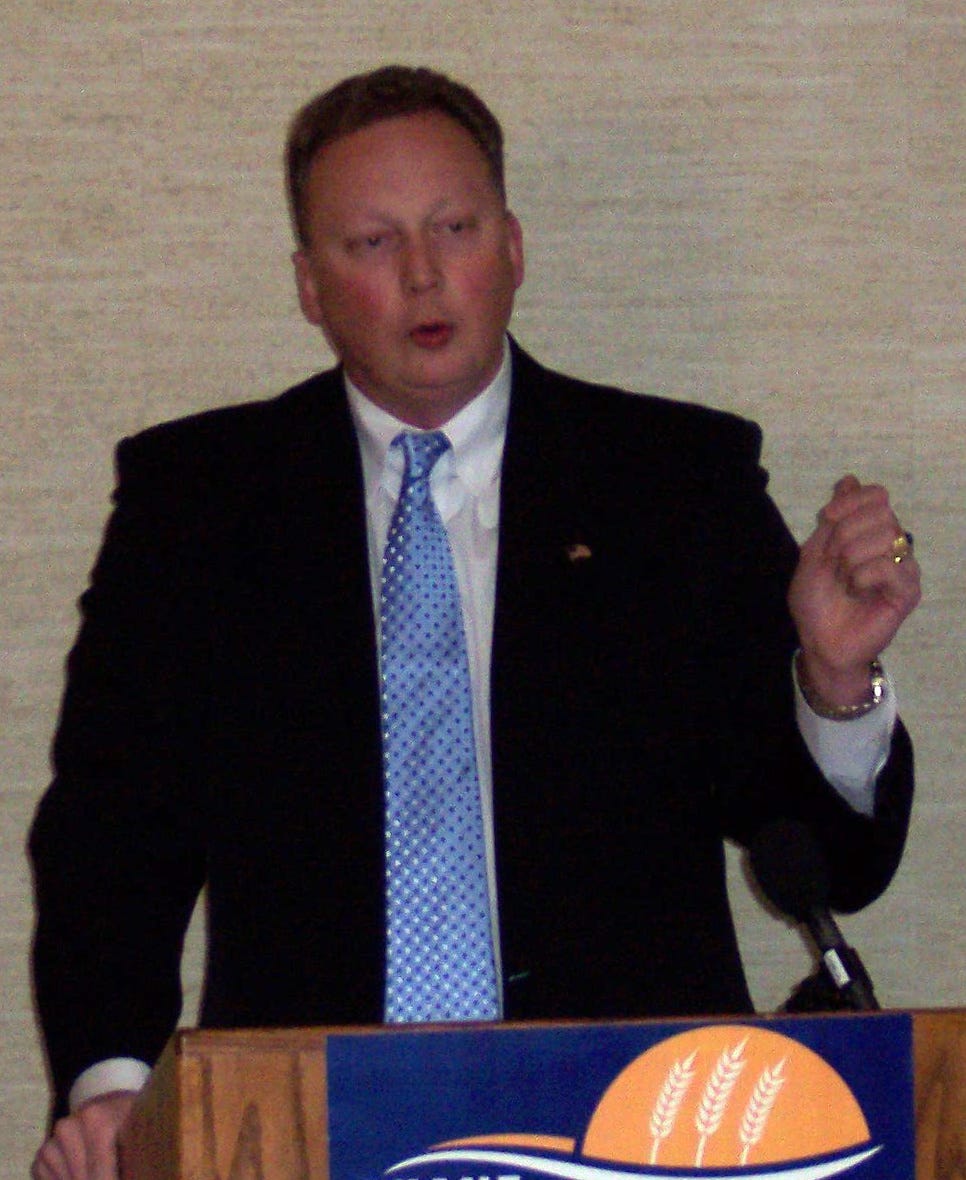
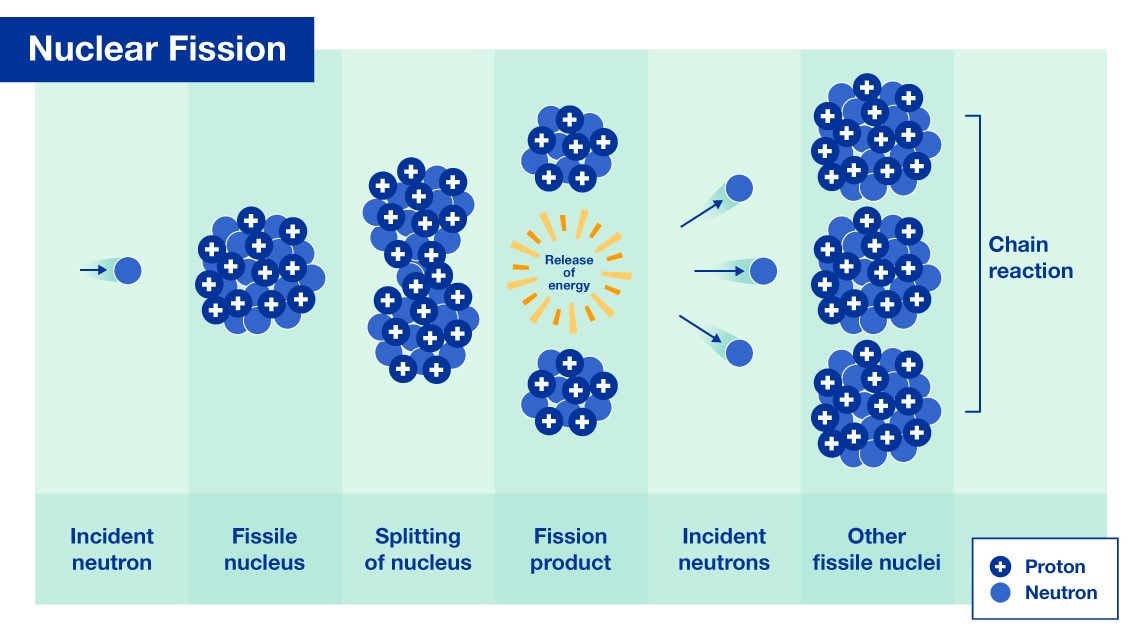
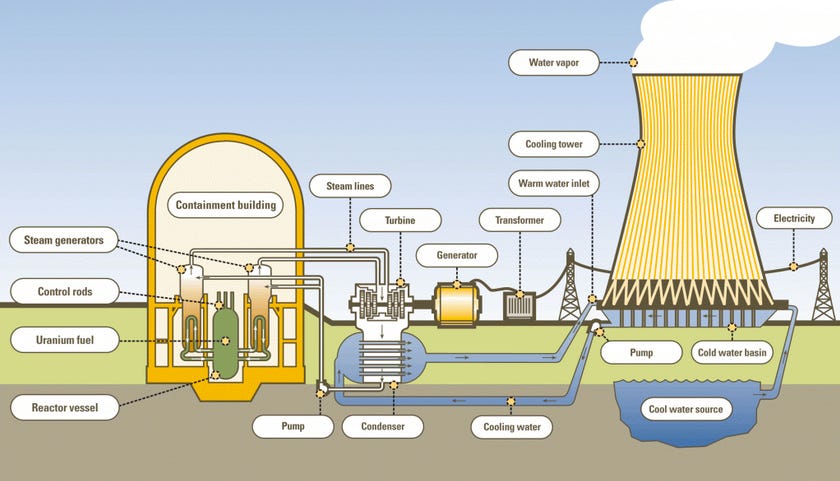
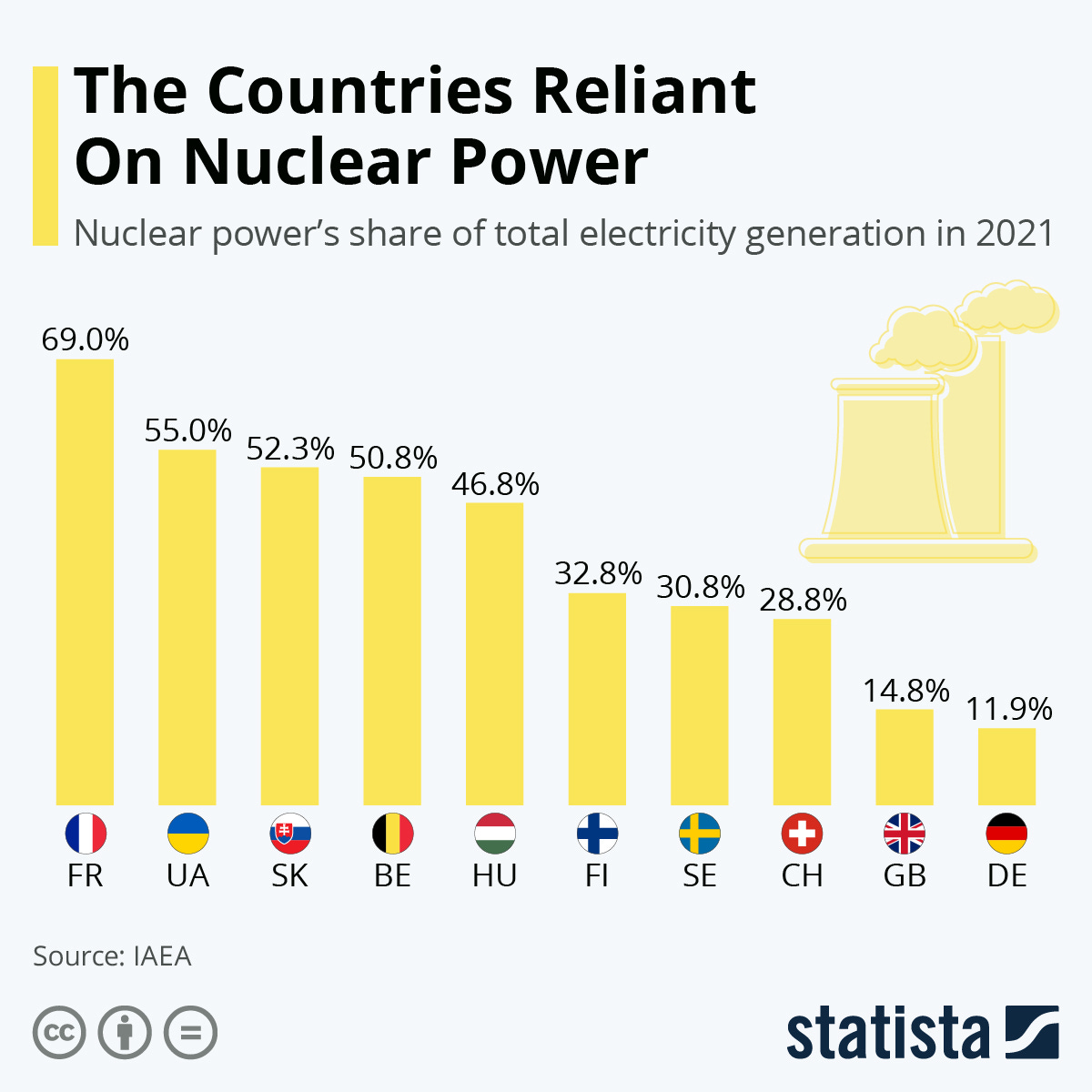
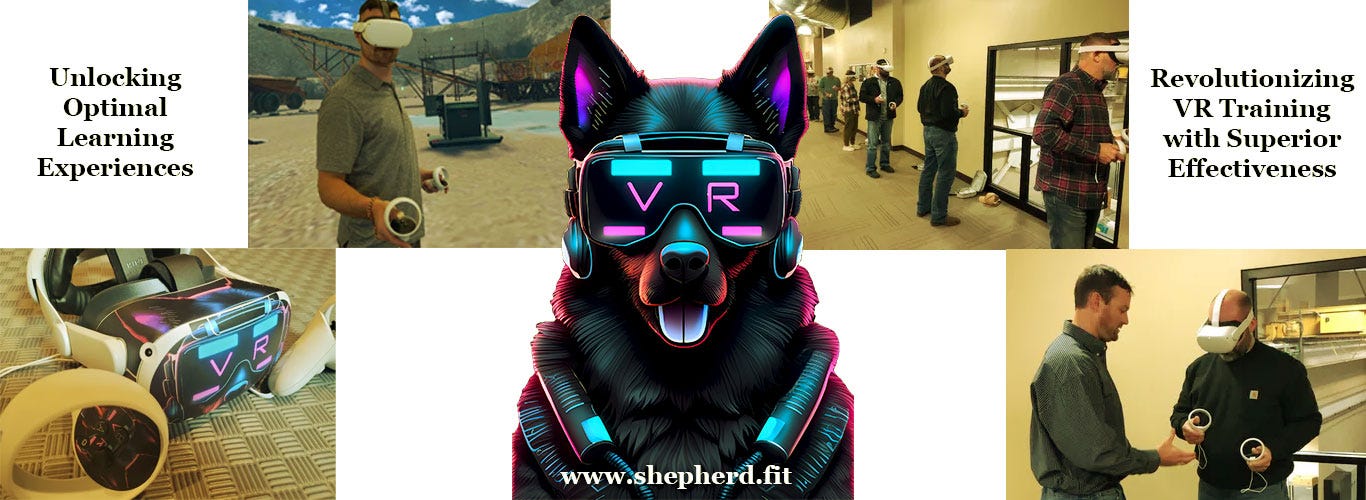





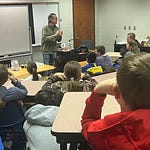
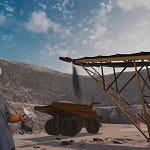


Nuclear Power, EVs, and Clean Energy are the Talk of the Town